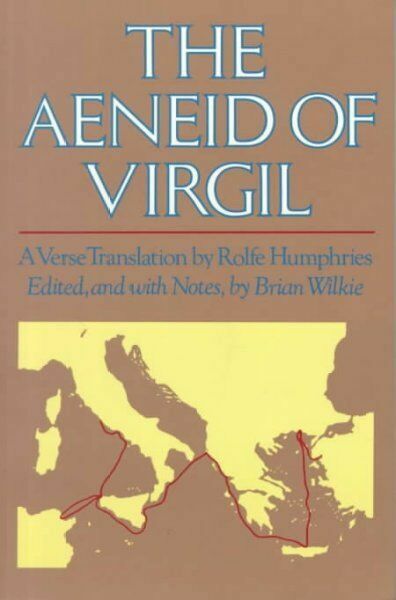


Three other ships the East Wind runs agroundĪnd carries them into the shallows, a wretched sight, (The name the Italians call it is The Altars) Three of the ships are spun by the South Wind ontoĪ huge rock ridge that hulks up out of the sea

The ship is broadside to the waves and thenĪ mountain of water descends upon them all Īs hissing with sand the giant wave recoils The prow of the ship turns round, the oars are broken, In Book One Ferry’s word choices describing the fierce storm, instigated by Juno, the queen of gods, to obstruct Aeneas’ fleet, leaves the reader both breathless and awestruck,īurst of wind comes crashing against the sails, The elongation reminds one of and occasionally flirts with the original hexameter instrument, and the strategic irregularity accommodates itself very well indeed to the modern ear. Ferry, using loose blank verse with anapests and other feet substituting here and there for iambs, accomplishes much of the same beauty with added speed and elongated elegance. Additionally, the method Dryden employed bestowed a smoothness and a halting beauty, his couplets neatly completing images and thoughts. Ferry does much the same thing going with, not fighting the natural flow and intricacies of modern English.

Dryden’s heroic couplets both expanded and compacted the original text based on his understanding of Virgil’s intent. Whereas John Dryden in 1697 provided the coming eighteenth century with a glorious translation of The Aeneid to match that historical era and temperament, Ferry contributes a comparable achievement during this onset of the twenty-first century. In any case, the narrative seems to take on a life of its own, at times brutally realistic, at other times strangely comforting. Others believe that Virgil turned his work into something much larger, an allegory of man’s destiny and independence in the face of intruding forces emanating from a panoply of misanthropic and whimsical divinities. Some critics argue that the book’s purpose was to justify Augustan succession and ultimately Pax Romana. Octavian apparently intervened and countermanded that directive. He at first ordered his executors to burn the unedited manuscript. Publius Vergilius Maro (Virgil) wrote The Aeneid for Octavian Caesar Augustus during the last ten years of his life (29-19 BC).


 0 kommentar(er)
0 kommentar(er)
